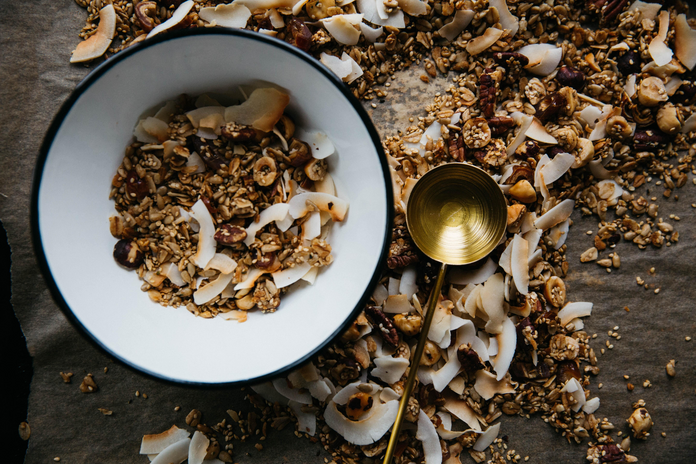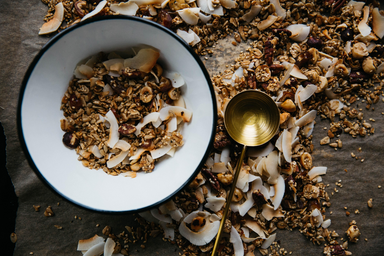Last spring, I wrote an article titled “The Beef with Meat” that provided a comprehensive summary of the arguments for and against meat consumption. In doing so, I wanted the reader to gain an understanding of the importance of choosing an eating style that reflected their lifestyle demands, nutritional needs and overall desires. At the time, I genuinely believed that, because of the vast differences between all of us, there was no “one size fits all” when it came to diet. I still believe that.
After a year of research, experimentation and genuine learning, I’ve become much more passionate about the benefits of plant-based eating, and the fact that those benefits apply to everyone, regardless of lifestyle, nutritional needs or preference. There’s a plant-based substitute for absolutely everything, and I cannot recommend trying the diet enough.
What is plant-based eating?
Plant-based eating is a flexible term that describes an eating style that focuses primarily on fruits, vegetables, nuts, seeds, oils, whole grains and beans. In other words, a plant-based diet minimizes animal product consumption (or completely avoids!) and maximizes consumption of foods derived from plants.
What are the benefits?
1) Lowered Risk of Heart Disease, Stroke and Type II Diabetes
According to the Physicians Committee for Responsible Medicine, high blood pressure/hypertension can increase an individual’s risk for heart disease, stroke and type II diabetes. Fortunately, a study published in JAMA Internal Medicine stated that individuals that didn’t include meat in their diet had lower blood pressure than those who did. Additionally, a study published in the Journal of Hypertension stated that non-meat eaters had a 34 percent lower chance of developing hypertension than meat eaters.
2) Significant Immune System Support
Because of the vitamins, minerals, phytochemicals and antioxidants present in plant foods, they provide the body’s cells with necessary support, which helps the immune system function effectively. Plant-based foods also reduce inflammation, which can help prevent cancer and inflammatory diseases.
3) Fiber Boost

Plant-based foods are typically high in fiber, which is incredibly beneficial for the body’s nutrient absorbance and can lower cholesterol, stabilize blood sugar, reduce inflammation and reduce cancer risk.
4) Prevents Aging
The American Journal of Epidemiology recently published a study that supports the claim that plant-based eating can prevent aging. According to the article, a diet comprised of fruits, vegetables and whole grains can promote healthy cellular aging.
5) Improves Cognitive Function
The antioxidants present in plants clean up cellular waste and protect cells from damage, which results in a 20 percent reduction in the risk of cognitive impairment and dementia. The Frontiers in Aging Neuroscience recently published a study supporting this information, and it’s enough (in my opinion) to make anyone consider picking up a few extra bags of carrots from the grocery store. Additionally, a higher plant-food intake is directly related to improved mental health, increased focus and (as the heading suggests) overall improved cognitive function. Because of the lack of Vitamin B12 in plant foods, many people are under the impression that the minds of vegans and vegetarians suffer due to their diets. This, however, does not seem to be the case.
Note: Either way, the B12 supplement is very necessary for anyone that doesn’t consume meat.
6) Reduced Cancer Risk
As a result of the aforementioned immune system support and fiber contribution, a plant-based diet can lower an individual’s chance of developing cancer by 18 percent. This information was published by the Annals of Nutrition and Metabolism journal and chronicled a study that analyzed cardiovascular disease mortality and cancer in vegetarians.
Even though it’s possible to experience low protein and vitamin consumption while following a plant-based diet, it’s also possible to do that while consuming animal products. As long as you’re mindful with portions, supplements and necessities, you have nothing to worry about.
Talk to a medical professional if you’re concerned.
Want to see more HCFSU? Be sure to like us on Facebook and follow us on Instagram, Twitter, TikTok, Youtube and Pinterest!



